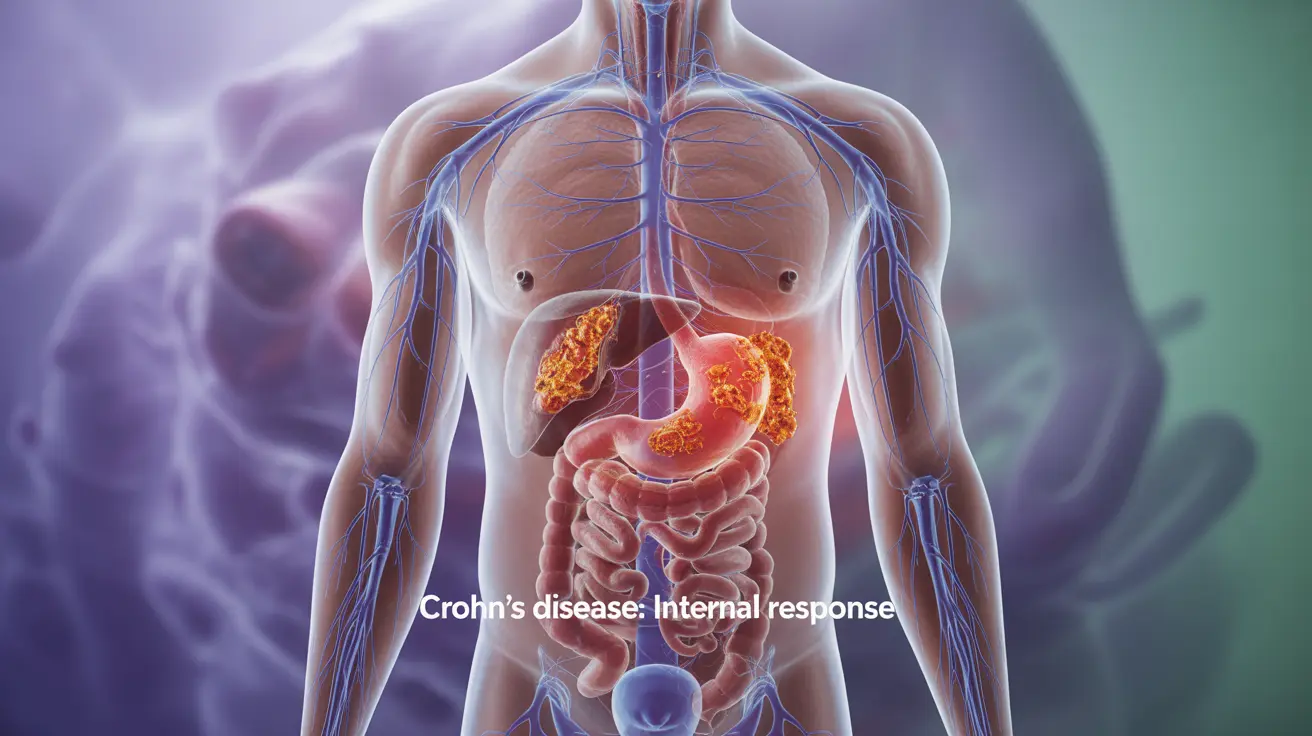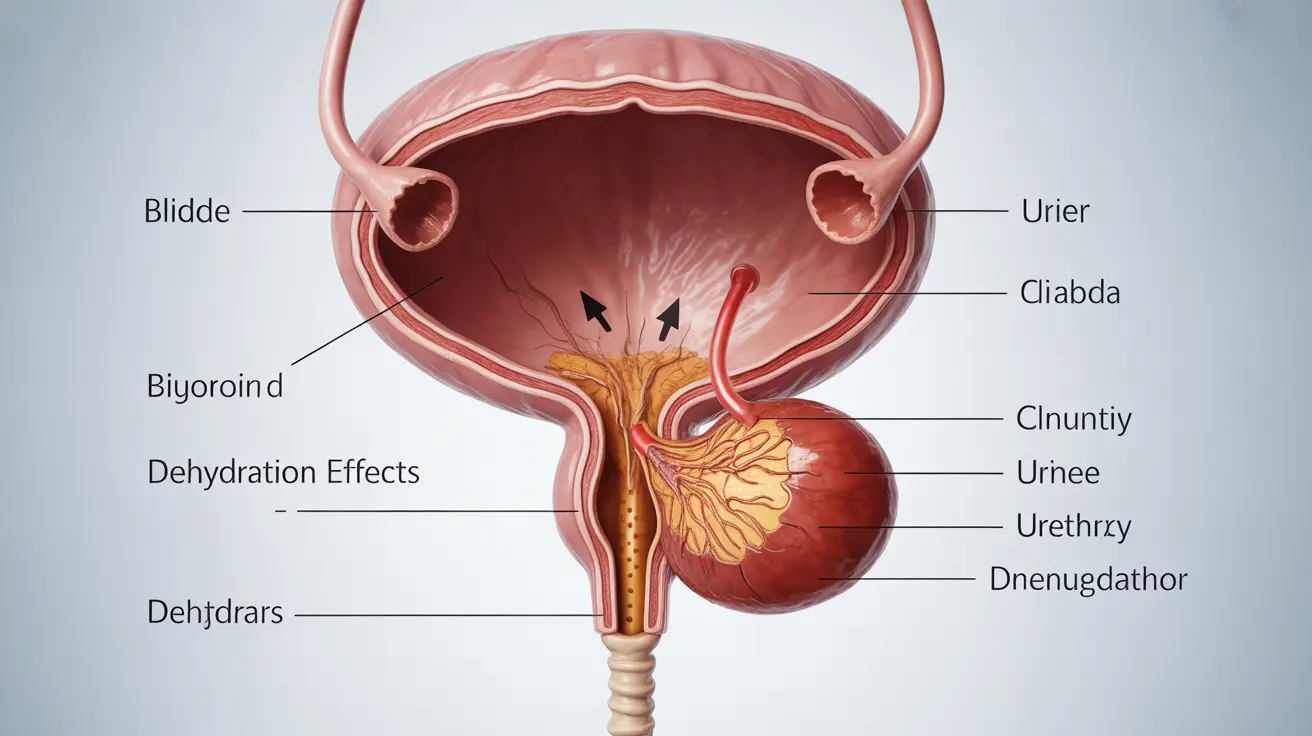Endometriosis affects millions of women worldwide, and one of its most frustrating symptoms is a condition known as "endo belly." This uncomfortable and often painful bloating can significantly impact a person's quality of life. In this article, we'll explore what endo belly is, its causes, symptoms, and most importantly, how to manage and treat this challenging aspect of endometriosis.
If you're dealing with persistent bloating and have endometriosis, understanding endo belly is crucial for finding relief and improving your overall well-being. Let's dive into the details of this condition and discover effective strategies for coping with its symptoms.
What is Endo Belly?
Endo belly refers to the severe bloating and discomfort that many women with endometriosis experience. Unlike typical bloating, endo belly can be more intense, last longer, and often coincides with other endometriosis symptoms. This condition can cause the abdomen to swell significantly, sometimes making a person look several months pregnant.
The bloating associated with endo belly isn't just a cosmetic concern; it can be accompanied by pain, digestive issues, and a feeling of fullness that impacts daily activities. Understanding the unique characteristics of endo belly is the first step in distinguishing it from other types of bloating and seeking appropriate treatment.
Symptoms of Endo Belly
Recognizing the symptoms of endo belly is crucial for proper diagnosis and management. Some common signs include:
- Severe abdominal swelling
- Persistent bloating that worsens around menstruation
- Abdominal pain and discomfort
- Digestive issues such as constipation or diarrhea
- Feeling of fullness or pressure in the abdomen
- Increased sensitivity to certain foods
These symptoms can vary in intensity and duration, but they often significantly impact a person's comfort and confidence. If you're experiencing these symptoms regularly, especially in conjunction with your menstrual cycle, it's important to consult with a healthcare provider.
Causes of Endo Belly
Understanding the causes of endo belly can help in managing its symptoms more effectively. While the exact mechanisms aren't fully understood, several factors contribute to this condition:
Inflammation and Scar Tissue
Endometriosis causes inflammation in the pelvic area, which can lead to swelling and bloating. Additionally, the scar tissue formed by endometrial lesions can interfere with normal digestive processes, exacerbating bloating symptoms.
Hormonal Fluctuations
Endo belly often worsens during certain phases of the menstrual cycle. Hormonal changes, particularly fluctuations in estrogen levels, can influence the severity of bloating and other endometriosis symptoms.
Digestive Issues
Endometriosis can affect the digestive system, leading to slower digestion, constipation, or other gastrointestinal problems that contribute to bloating and discomfort.
Treatment and Management Options
While there's no one-size-fits-all solution for endo belly, several treatment options and management strategies can help alleviate symptoms:
Medical Treatments
Hormonal therapies, such as birth control pills or hormonal IUDs, can help regulate menstrual cycles and reduce endometriosis symptoms, including endo belly. In some cases, surgical interventions to remove endometrial lesions may provide relief.
Dietary Changes
Many women find that dietary modifications can significantly impact their endo belly symptoms. Consider the following approaches:
- Anti-inflammatory diet: Focus on foods that reduce inflammation, such as fruits, vegetables, and omega-3 fatty acids.
- Low FODMAP diet: This approach eliminates certain types of carbohydrates that can cause digestive issues and bloating.
- Gluten-free diet: Some individuals with endometriosis report improvement in symptoms when eliminating gluten from their diet.
It's important to work with a nutritionist or healthcare provider to ensure any dietary changes meet your nutritional needs while addressing endo belly symptoms.
Lifestyle Modifications
Certain lifestyle changes can help manage endo belly:
- Regular exercise: Gentle activities like yoga or walking can help reduce bloating and improve overall well-being.
- Stress management: Stress can exacerbate endometriosis symptoms, so techniques like meditation or deep breathing exercises may be beneficial.
- Avoiding tight clothing: Wearing loose, comfortable clothing can help reduce discomfort during endo belly flare-ups.
When to Seek Medical Attention
While some degree of bloating is common with endometriosis, severe or persistent symptoms warrant medical attention. Consult a healthcare provider if you experience:
- Severe abdominal pain or distension
- Bloating that interferes with daily activities
- Symptoms that don't improve with lifestyle changes
- Unexplained weight loss or gain
- Changes in bowel habits or urinary function
A healthcare professional can help determine if your symptoms are related to endometriosis or if there are other underlying conditions that need to be addressed.
Frequently Asked Questions
- What are the symptoms of endo belly, and how does it differ from other types of bloating?
Endo belly symptoms include severe abdominal swelling, persistent bloating (often worsening around menstruation), abdominal pain, and digestive issues. Unlike regular bloating, endo belly is typically more severe, lasts longer, and is often accompanied by other endometriosis symptoms. It can cause significant abdominal distension, sometimes making a person appear pregnant.
- How is endo belly treated, and what are the most effective management options?
Endo belly can be treated through a combination of medical interventions, dietary changes, and lifestyle modifications. Hormonal therapies, anti-inflammatory medications, and in some cases, surgery may be recommended. Dietary approaches like anti-inflammatory or low FODMAP diets can be effective. Lifestyle changes such as regular exercise, stress management, and wearing comfortable clothing can also help manage symptoms.
- Can dietary changes, such as a gluten-free or FODMAP diet, help reduce endo belly symptoms?
Yes, many women find relief from endo belly symptoms through dietary changes. A gluten-free diet has been reported to help some individuals with endometriosis. The low FODMAP diet, which eliminates certain types of carbohydrates, can also be effective in reducing bloating and digestive discomfort. It's important to work with a healthcare provider or nutritionist to ensure any dietary changes are appropriate for your individual needs.
- What causes endo belly in people with endometriosis, and how does it relate to hormonal changes?
Endo belly is caused by a combination of factors in people with endometriosis. Inflammation and scar tissue from endometrial lesions can interfere with normal digestive processes. Hormonal fluctuations, particularly changes in estrogen levels throughout the menstrual cycle, can exacerbate bloating and other symptoms. Additionally, endometriosis can affect the digestive system directly, leading to slower digestion and increased bloating.
- When should I seek medical attention for persistent or severe bloating that might be endo belly?
You should seek medical attention if you experience severe abdominal pain or distension, bloating that significantly interferes with daily activities, symptoms that don't improve with lifestyle changes, unexplained weight loss or gain, or changes in bowel habits or urinary function. A healthcare provider can help determine if your symptoms are related to endometriosis or if there are other underlying conditions that need to be addressed.
Understanding and managing endo belly can be challenging, but with the right approach and support, many women find effective ways to reduce their symptoms and improve their quality of life. Always consult with healthcare professionals for personalized advice and treatment options tailored to your specific situation.




